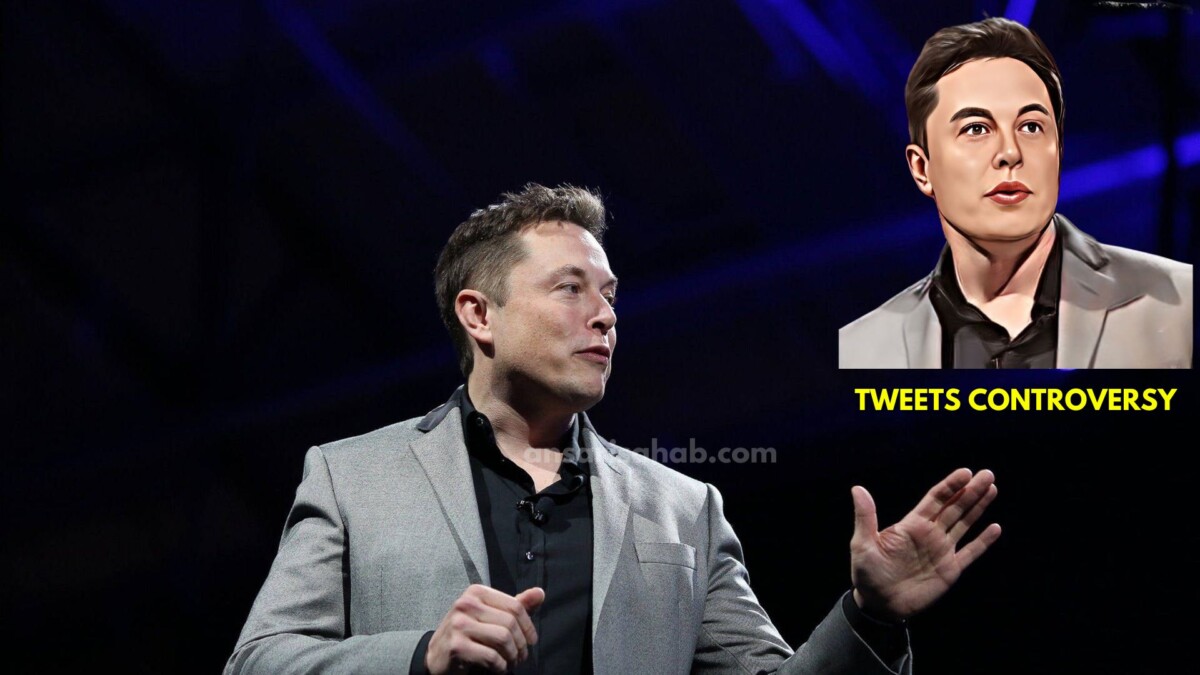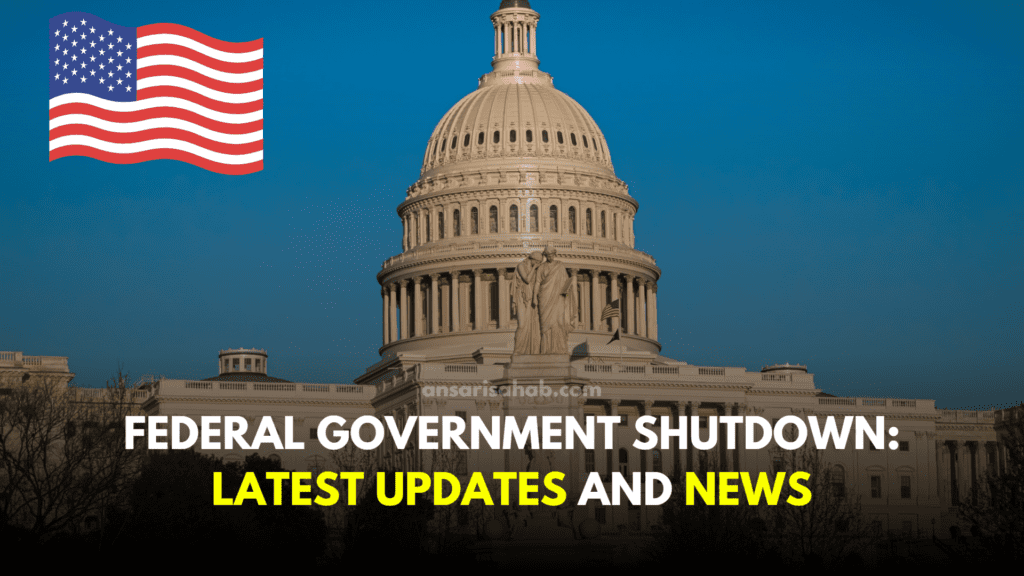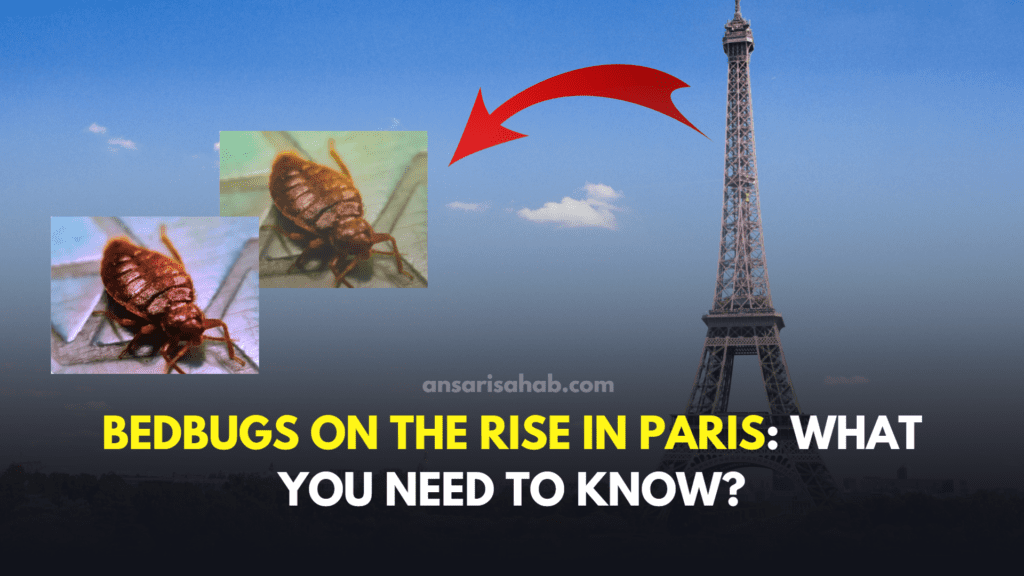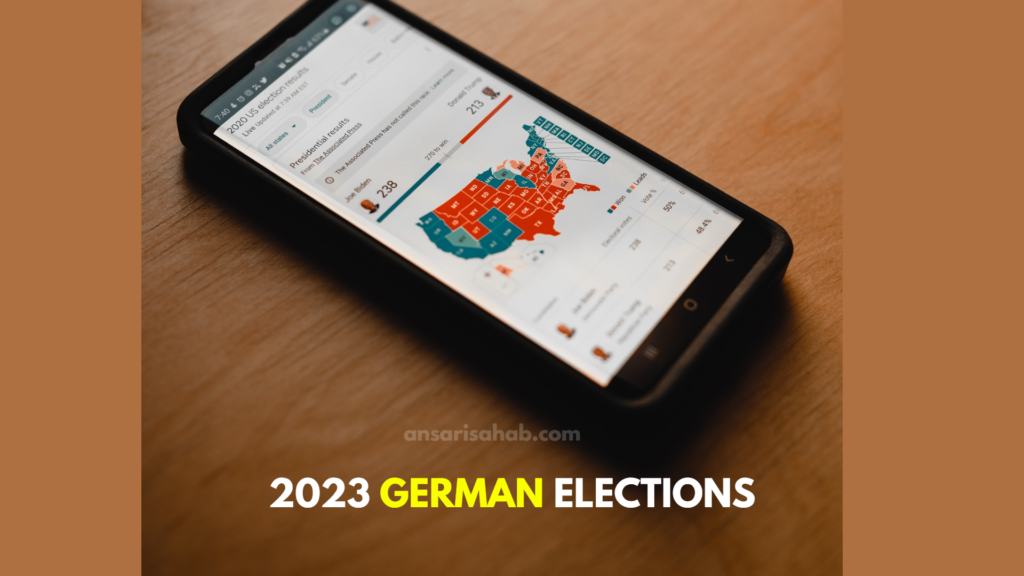In a shocking turn of events, Elon Musk, the renowned CEO of Tesla and SpaceX and the recent owner of Twitter, has found himself engulfed in controversy due to a series of tweets widely condemned as antisemitic. The fallout from Musk’s tweets has not only sparked public outrage but has also led to a significant exodus of advertisers from the Twitter platform. This blog explores the unfolding events, the impact on Twitter and its advertisers, and the broader implications for social responsibility in the era of social media.
Elon Musk’s Antisemitic Tweets:
On November 16, 2023, Musk responded to a tweet accusing Jewish people of “hating white people” with a controversial statement validating the accusation. The tweet has drawn immediate condemnation from various quarters, including the Anti-Defamation League (ADL), which labeled it as “dangerous” and “abhorrent.” Musk defended his statement, citing freedom of expression, but the repercussions have been swift and far-reaching.
At risk of stating the obvious, anyone advocating the genocide of *any* group will be suspended from this platform
— Elon Musk (@elonmusk) November 17, 2023
Advertisers Pull Out:
The fallout from tweets of Elon Musk extends beyond public condemnation, as major advertisers have taken decisive action. Apple, IBM, Disney, and other prominent brands have decided to suspend or pause their advertising on Twitter, dealing a significant blow to the platform’s revenue stream. This departure of major advertisers underscores the increasing concern about the content shared on Twitter and its potential association with hate speech.
Impact on Twitter:
The impact of Musk’s tweets on Twitter has been multi-faceted. The platform has experienced a surge in antisemitic content, with reports indicating a 40% increase in such tweets following Musk’s controversial statement. The platform’s commitment to content moderation and its ability to create a safe environment for users and advertisers are now under intense scrutiny.
User Engagement:
The surge in antisemitic content on Twitter raises questions about the platform’s ability to maintain a secure and inclusive space for users. The ADL’s report on the increase in antisemitic tweets indicates a concerning trend that may further deter users from engaging on the platform.
Read Also: Elon Musk: The Man Who Wants to Save the World and How He Became the Richest Man in the Process
Advertiser Sentiment:
The departure of major advertisers from Twitter highlights a growing apprehension among brands about associating their image with platforms that harbor hate speech. Advertisers are increasingly recognizing the importance of aligning with platforms that uphold ethical standards, and the exodus from Twitter reflects a desire to distance themselves from controversy.
Wider Debate on Social Media Responsibility:
Musk’s tweets have ignited a broader debate about the role of social media platforms in combating hate speech and promoting tolerance. Some argue for more proactive content moderation to curb the spread of harmful narratives, while others emphasize the importance of preserving free speech. This debate raises critical questions about the responsibility of platform owners in shaping online discourse.
Elon Musk’s Defiance:
Musk’s refusal to delete the controversial tweet and his subsequent doubling down on the comments further intensify the crisis. The unwillingness to acknowledge the potential harm caused by the statement may deepen the divide between Musk and those seeking accountability for promoting antisemitism.
Future of Twitter:
As Twitter grapples with the fallout from Musk’s tweets and the departure of major advertisers, the platform faces a pivotal moment in its trajectory. The interim CEO, Mira Murati, has the challenging task of navigating through the crisis and restoring confidence among users and advertisers. The search for a permanent CEO will be crucial in determining the platform’s future direction.
Conclusion:
Elon Musk’s antisemitic tweets have triggered a cascade of consequences impacting Twitter, its advertisers, and the broader discourse on social media responsibility. The exodus of major advertisers, the surge in antisemitic content, and the ongoing debate about the role of social media platforms underline the challenges faced by the digital landscape. The events surrounding Musk’s tweets serve as a stark reminder of the need for ethical leadership and responsible use of social media platforms in shaping a safer online environment.
Additional Information:
Here is some additional information about Elon Musk, Twitter, and the ongoing controversy:
Elon Musk is the CEO of Tesla and SpaceX, known for his innovative work in electric vehicles and space exploration. Twitter is a popular social media platform acquired by Musk in October 2023. The Anti-Defamation League (ADL) is a prominent Jewish civil rights organization that condemned Musk’s antisemitic tweet. The controversy has led to major advertisers, including Apple, IBM, and Disney, suspending or pausing their advertising on Twitter. The debate surrounding social media responsibility encompasses discussions on content moderation, free speech, and the ethical obligations of platform owners. Musk’s refusal to delete the controversial tweet and subsequent comments have further fueled the controversy. The future of Twitter remains uncertain, with implications for user engagement, advertiser sentiment, and the broader landscape of online discourse.









